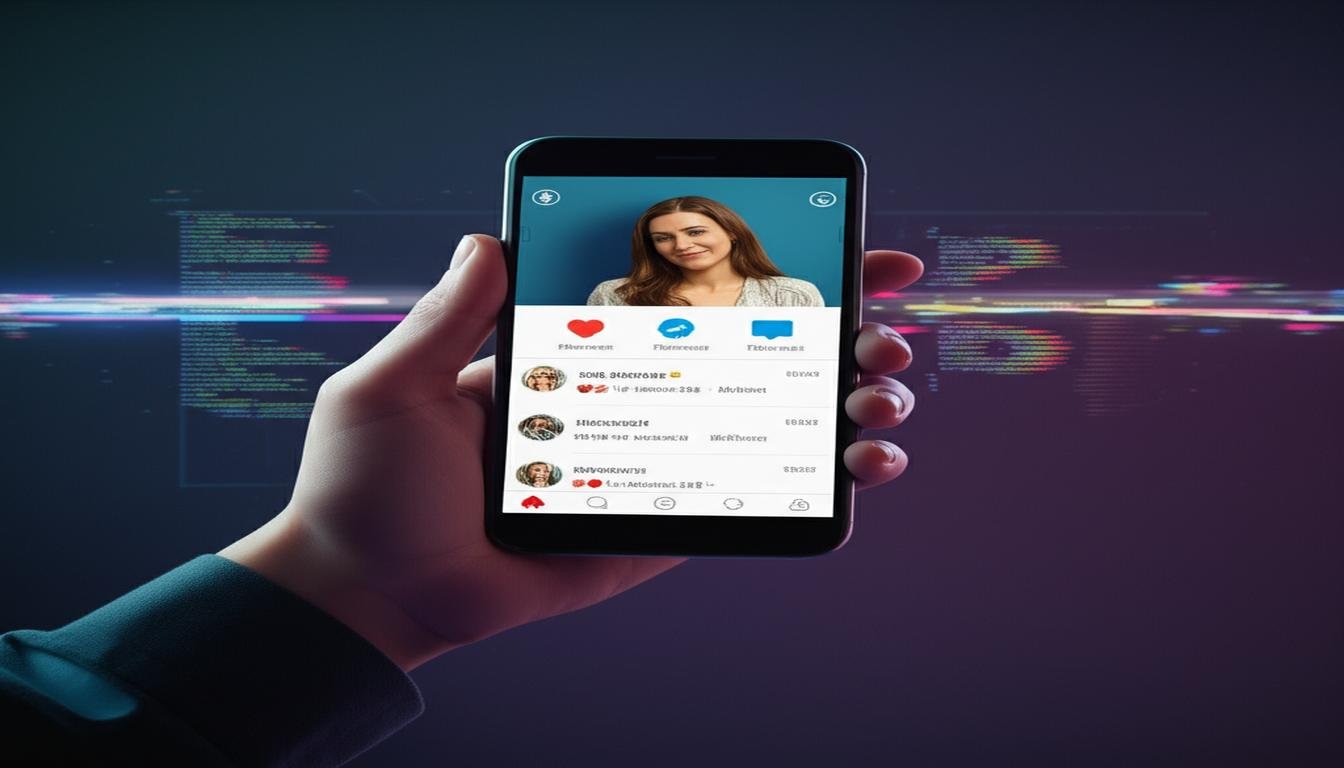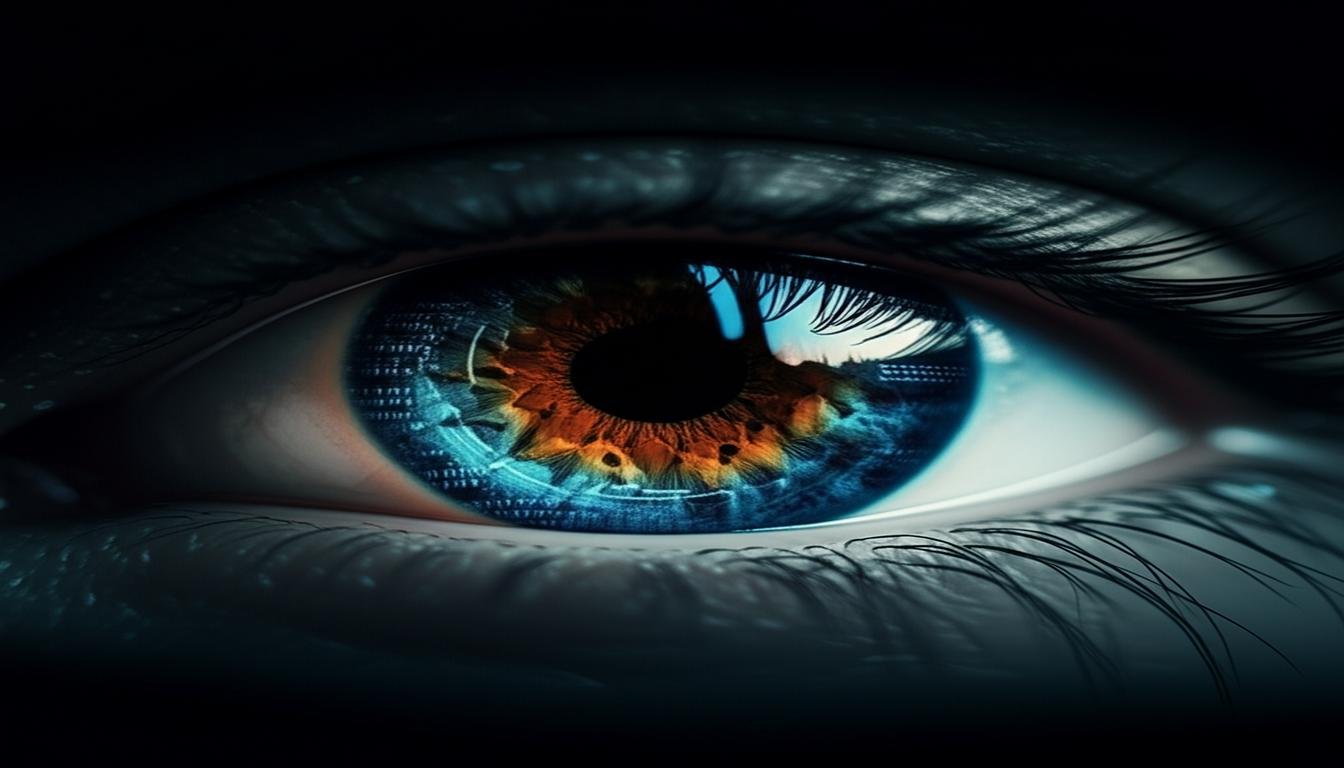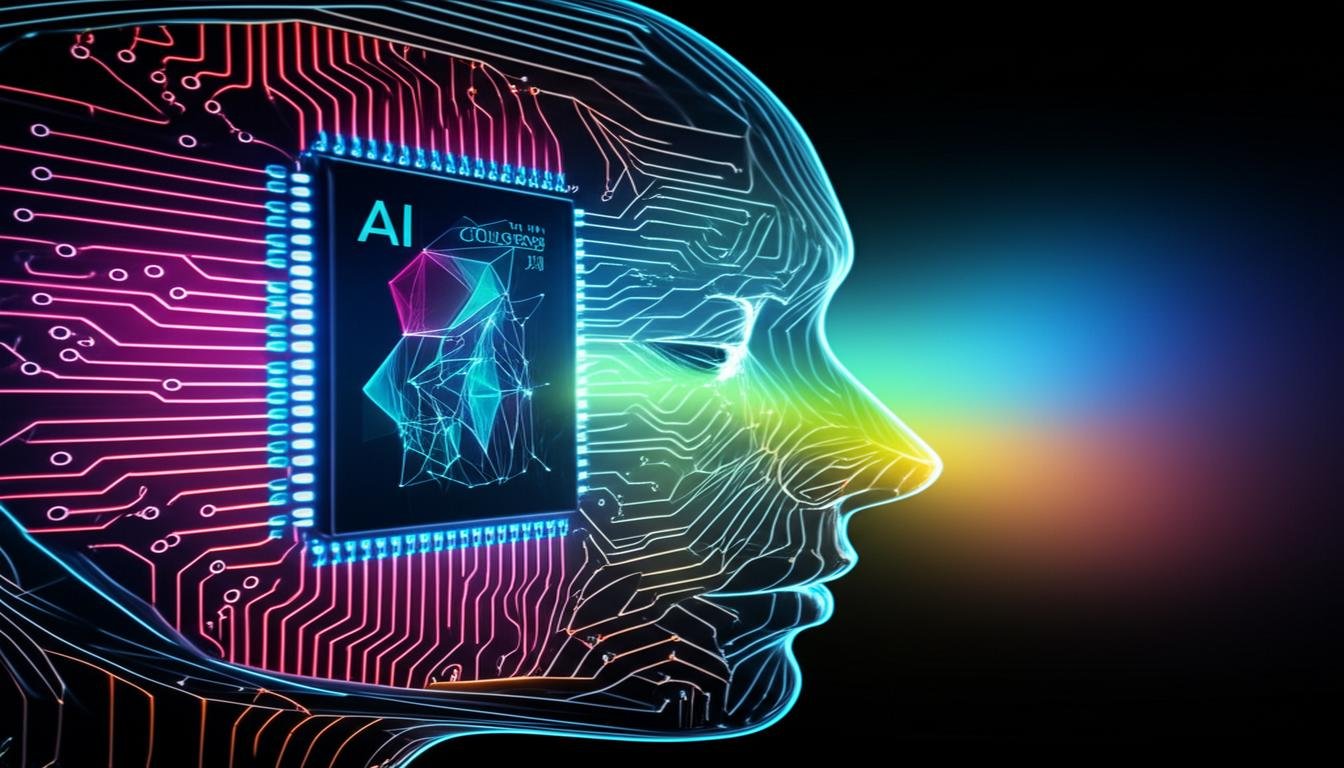The Truth About AI and Fake Online Relationships for Followers Ever scrolled through your feed and wondered if that picture-perfect couple, always on an exotic trip or sharing incredibly profound thoughts, is actually… real? In today’s digital world, where follower counts often feel like a measure of success, a strange and somewhat alarming trend is emerging: people are using artificial intelligence (AI) to create fake online relationships. And yes, they’re doing it all for followers and engagement. It sounds like something out of a sci-fi movie, but it’s happening right now. Individuals are leveraging advanced AI tools to fabricate entire romantic connections, from generating believable “partner” photos to crafting engaging, long-term conversations. The goal? To build a more compelling, aspirational online persona and, ultimately, to boost their audience numbers. The Rise of AI-Generated Companions for Social Media You might be thinking, “How exactly does one fake a whole relationship with AI?” Well, it’s more sophisticated than you’d imagine. Modern AI technologies have become incredibly powerful, allowing users to: Generate realistic images and videos: Tools like Midjourney or Stable Diffusion can create stunning, lifelike photos of people who don’t exist. Imagine an influencer needing a “partner” for a travel photo – AI can conjure them up. Craft engaging conversations: Advanced chatbots, powered by large language models, can maintain consistent personalities and carry on incredibly natural-sounding dialogue. This means an “AI partner” can post believable comments, respond to DMs, or even appear in screenshot “conversations” shared online. Maintain a consistent narrative: AI can help track details, preferences, and backstory, making the fake relationship seem incredibly authentic over time. Why go through all this trouble? For many, the allure of a “perfect” relationship narrative on social media is irresistible. It adds a layer of aspirational content, can generate more engagement, and often translates into higher follower counts, sponsorships, and overall influence. It’s about curating an entire life online, even if parts of it are purely digital fabrication. When Perception Becomes Reality (Online) Think about it: an influencer who consistently posts about their “amazing partner” – whether it’s romantic getaways, thoughtful gifts, or shared life milestones – can seem more relatable, stable, and aspirational. This crafted image often resonates deeply with followers, who might wish for a similar connection in their own lives. The problem? That connection isn’t real, and the emotional investment from the audience is directed towards a ghost. The Lure of the “Ideal” Partner Image From the creator’s perspective, an AI-generated partner offers a few clear benefits: Total control: No real-life drama, arguments, or scheduling conflicts. The “relationship” exists purely to serve the content strategy. Customization: The AI partner can be designed to fit a specific aesthetic or personality that perfectly complements the creator’s brand. Consistent content: An endless stream of “couple” photos, stories, and interactions without needing a real person’s cooperation. But what about the audience? They’re often none the wiser, genuinely believing in the displayed romance. This can lead to a sense of betrayal if the truth ever comes out, or worse, it can subtly shift their expectations of what real relationships should look like, creating an unhealthy standard based on fabricated perfection. More Than Just Likes: The Real Stakes of Digital Deception While chasing followers might seem harmless, faking relationships with AI carries some serious ethical baggage. It’s essentially a form of digital deception. When people invest their time, attention, and even emotional energy into following a narrative that isn’t true, trust is eroded. This isn’t just about an individual creator; it contributes to a wider problem of authenticity on social media. Moreover, for the creators themselves, living a lie online can be isolating and might lead to a blurring of lines between their real self and their curated, AI-enhanced persona. The quest for external validation through deception rarely leads to genuine happiness. Spotting the Fakes: What to Look For Given how advanced AI has become, it can be tough to distinguish real from fake. However, here are a few things to keep an eye out for: Too perfect, too often: Does the “partner” literally never have a bad hair day or an unglamorous moment? Real life isn’t always picture-perfect. Lack of depth or personal history: If the “partner” rarely appears in candid, unposed settings, or if their social media presence (if they have one) feels generic and devoid of real personal anecdotes, it might be a red flag. Inconsistent details: Does their story ever change? Do small details about their background or interests seem to shift? Generic interactions: Are their comments or replies always positive, flattering, and a bit bland? AI excels at sounding “nice” but can struggle with genuine nuance. Few or no mutual friends/tags: A real relationship usually means mutual connections and being tagged in posts by others. Building Real Connections in a Digital World In an age where AI can conjure up digital companions, it’s more important than ever to value and seek out authentic human connection. Instead of chasing fleeting validation through fabricated online personas, let’s encourage transparency and genuine self-expression. As consumers of content, it’s crucial to cultivate a healthy dose of skepticism. Question what you see, look for inconsistencies, and remember that behind every screen is either a real person with their own struggles and triumphs, or sometimes, just a really good algorithm. Your Online World Deserves Realness The trend of using AI to fake online relationships for followers is a stark reminder of the pressures and complexities of our digital lives. It challenges us to rethink what truly matters online: is it the number of likes, or the authenticity of the connection? Prioritize real human interaction, foster genuine relationships, and always strive to be discerning about the content you consume. Your emotional well-being and the integrity of the online space depend on it.
People Are Using AI to Fake Online Relationships for Followers









